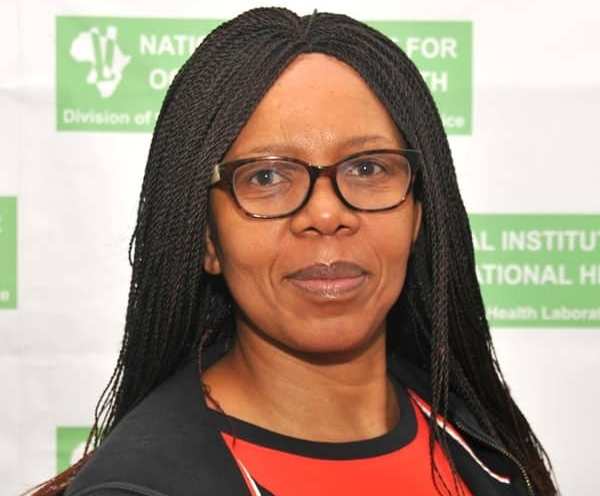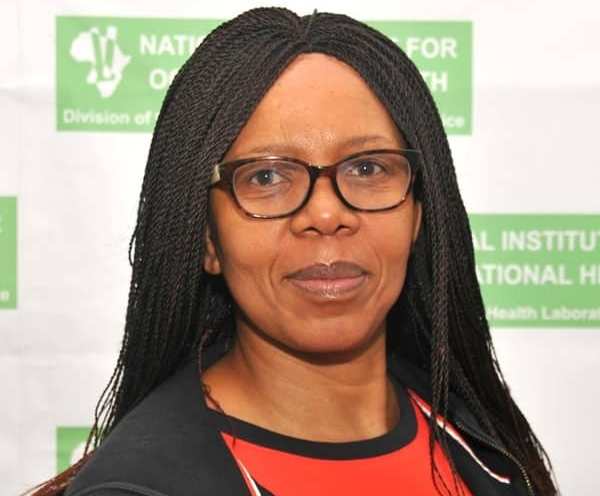By Dr Spo Kgalamono, Executive Director for the National Institute for Occupational Health
Prior to the outbreak of Covid-19, occupational health and safety (OHS) in South Africa had been severely underestimated and undervalued – so much so that some corporates did not realize the need for such expertise in their workplaces. There was lack of understanding of what occupational health meant. Today, more than a year after Covid-19 tore apart the very fabric of the formal and informal economy, most businesses understand and realize the significance of OHS and its critical role in workplaces.

In spite of this, many businesses don’t prioritise OHS and continue to ignore legislated occupational health and safety requirements. Some don’t even have a comprehensive health and safety policy or access to occupational health service providers.
In March 2020, when the National state of disaster was announced, it was an unprecedented moment in time when all our lives came to a halt – when borders were closed, businesses and schools were shut down, and imports and exports came to a standstill. It was a moment when the majority of South Africa did not know what to do. It was during this time that the opportunity arose for specialists in the field of OHS to lead the charge and guide workplaces through the toughest and darkest times in our recent history.
Occupational health specialists, both from the public and private sector, have played a significant role and spearheaded multiple and integrated campaigns to strengthen occupational health policies and protocols as well as educate and empower South Africans. With great immediacy, these experts created Covid-19 clinical guidelines, compiled educational material, and provided ongoing OHS training necessitated by the needs of businesses. Existing policies in OHS were interrogated and updated by collective OHS groups to help and guide workplaces in the public and private sector, including the health sector.
Throughout the lockdown, these experts worked tirelessly and up until today, they continue to burn the midnight oil to ensure that vaccination training is done and that workplaces have sustainable preventative health and safety practices in place. For this brief year, the occupational health industry became valuable and essential to public health.
Only time will tell whether this previously neglected sector, will still be acknowledged and utilised post-Covid-19. Currently, OHS is a scarce skill in South Africa and more needs to be done to encourage youngsters to enter this field. It’s a sector that has been consistently overlooked by decision-makers and leaders – a field that is critical to worker’s health and safety, including mental health stability.
What we need to understand is that South Africa is not out of the woods yet. We don’t know how long Covid-19 will still be with us. But what we do know is that occupational health and safety may just be the critical piece that helps the South African workforce survive the potential future waves. Today as we commemorate World Day for Safety and Health at Work – with the theme focused on strategies that strengthen OHS systems and build resilience – we are empowered to face the current crisis head on, drawing from lessons learnt, and will be better prepared for future burdens that may come our way in South Africa.

